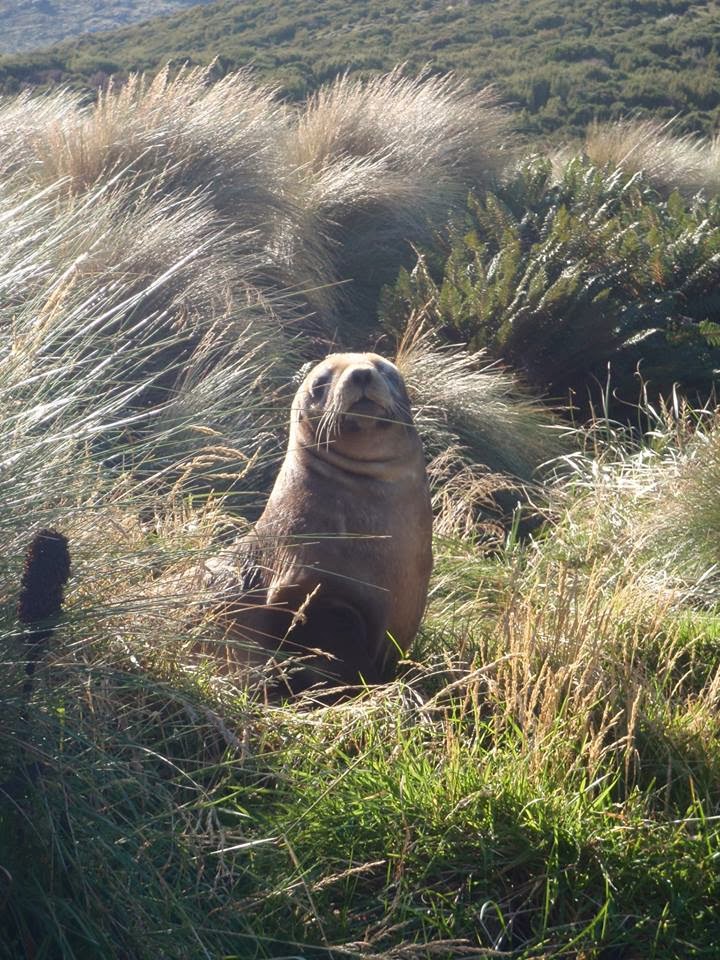We live in a swirling maelstrom of forces pushing us to be atomised, selfish individuals, to feel a sense of lack, to try and assuage that lack through mindless hedonism and consumerism, to be disempowered, fragmented, lonely little egos, scrabbling for a sense of well-being and connection. Many people can see that the castles we have built are not serving us or the more-than-human world. Many people know that changes must and will occur. But the ravenous capitalist machine, the physical expression of our self-obsessed individualism, likes nothing better than to co-opt challenges and pervert them into an extension of itself. Look at punk, now a selection of union jack/safety pin consumer identity markers, look at those branches of feminism that collapsed into advocating for women to have equal right to fuck over the world. Radical challenges get swallowed whole by a capitalist machine more concerned with looking inevitable than it is with actually working.
"Be the change" was never supposed to refer to changing minute and irrelevant details about your physical life. Changing to a mung-bean only diet and sleeping on a mattress of wool from only the most enlightened alpacas may give a smug sense of superiority over your fellow humans, but it is just another fragmented, individualistic and pointless gesture that really achieves sweet fuck all. I mean, go for it by all means if you just simply like doing those things, but don't then hold those gestures up to yourself or others as evidence of moral superiority or greater effectiveness as an agent of change. For a start, not everyone can afford such gestures, and so gushing about toilet cleaner made from the joyful tears of dolphins, sustainably harvested during dolphin therapy sessions, basically becomes a way of crowing about having more money than other people. Any conditional criteria for worthiness as a human will fall into this, because materially our society is so hugely unequal and unjust. And for myself at least, such moves always had a profound instability to them: the uneasy sense that if my validation was coming from not flying/being vegan/wearing hemp underwear/etc then if these things ceased or ceased to be recognised, I would once again be an unvalidated, needy and separate self.
Physical gestures are not something to build a sense of self from, and trying to do is just another iteration of capitalist consumerism, appropriating anything and everything into the gaping void of my own gnawing inadequacy. That is the mentality of infinite growth, and it is the mentality of the ego. It is not the mentality of life, which is always already sufficient and enough.
The irony is that by perpetuating these same thought patterns and ways of being, even if our actions seem different from the norm, we don't bring any change at all, only the same dull round of earth destroying hypocrisy. People always seem so sad and surprised to learn that a giant new windfarm has destroyed 400 hectares forest causing a vast mudslide that wipes out a village, or that westerners eating quinoa has screwed over the grain as a Bolivian staple to the point where the locals who grow it cannot afford it any more and are forced to less nutritious alternatives. We really thought physical changes were going to change the world. But it's the same thinking, and so it's the same results in different garments.
Be the change has come to mean "do the change, and judge others who don't". The western culture is obsessed with doing, and not very interested at all in being. I can see this in the way we denigrate those without a job, the way I have had to learn how to relax and do nothing without feeling guilty, the way we chase busy busy busy, anything to avoid feeling and just being. We love cats even through they really don't do much at all, why can't we do the same with human beings?
This isn't actually surprising - it is just what the neo-liberal capitalist mindset and machine does: it takes radical challenges and perverts them. 'Be the change' is a genuinely radical challenge: it calls on all of us to abandon the competitive, self-serving, narcissistic, neurotic and miserable patterns of culture and thought we have been socially conditioned into and made our own. It recognises that our problems are not merely physical: they are emotional, cultural and spiritual, and the physical woes are only the most bloody obvious symptoms of a way of being that is profoundly disconnected from the world and life that we are all inescapably and joyfully part of. It calls for an end to power and control as the go-to methods of living.
Only by recognising the capitalist impulse to corrupt and absorb, an impulse within all of us, can we stay true to the potential of the original phrase. To be the change we must reorient our relationship with everything around us, we must step back into feeling like part of the world, and fall in love with life. Only then will our actions be able to express the kind of profound change we do truly need. We don't have to do this, but why wouldn't you?









